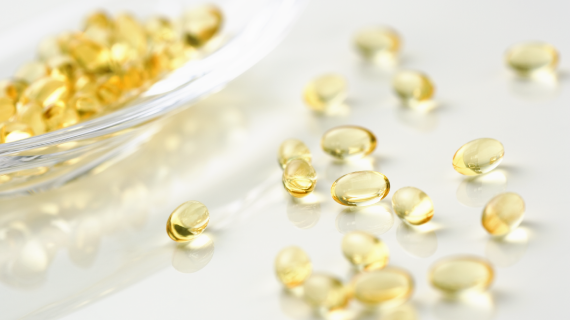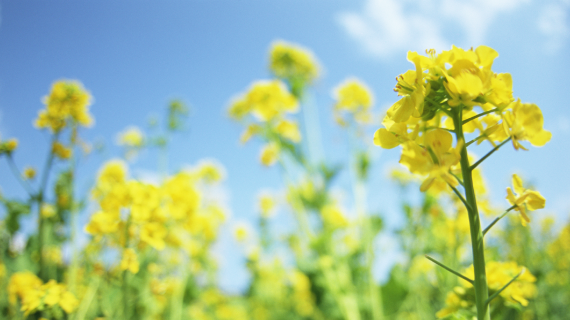Date 1993/01/01
Case:Identification of LAB
Screening for lactic acid bacteria with L-malate formation potential and examining its properties
Journal of Food Science and Technology. 40, 316-322 (1993)
【Objective】
L-malate is one kind of organic
acid which microorganisms produce. It plays an important role not only for
fermented foods but also for the compounds to add flavor and acidity to
juice and soft drinks. We compared the capabilities
of transforming fumaric acid to L-malate among various strains of lactic acid bacteria.
【Methods】
We determined the production of L-malate by the enzymatic method in the reaction mixtures which
consisted of the suspensions containing each sample strain and fumaric acid. The
optimal pH, incubation temperature and sodium chloride concentration were also
examined.
【Results】
Many strains that have a great
L-malate formation
potential belonged to Lactobacillus.
Optimal pH at the transformation
from fumaric acid to L-malate among Lactobacillus
delbrueckii subsp. lactis 1135 and Lactobacillus
delbrueckii subsp.bulgaricus 7235 was pH 7 and pH 6. Both
strains demonstrated great L-malate formation
properties in the range of 30 to 45 degree C. The highest L-malate production of lactis 1135 and bulgaricus 7235
was measured when the sodium chloride
concentration was 10% and 3%.












